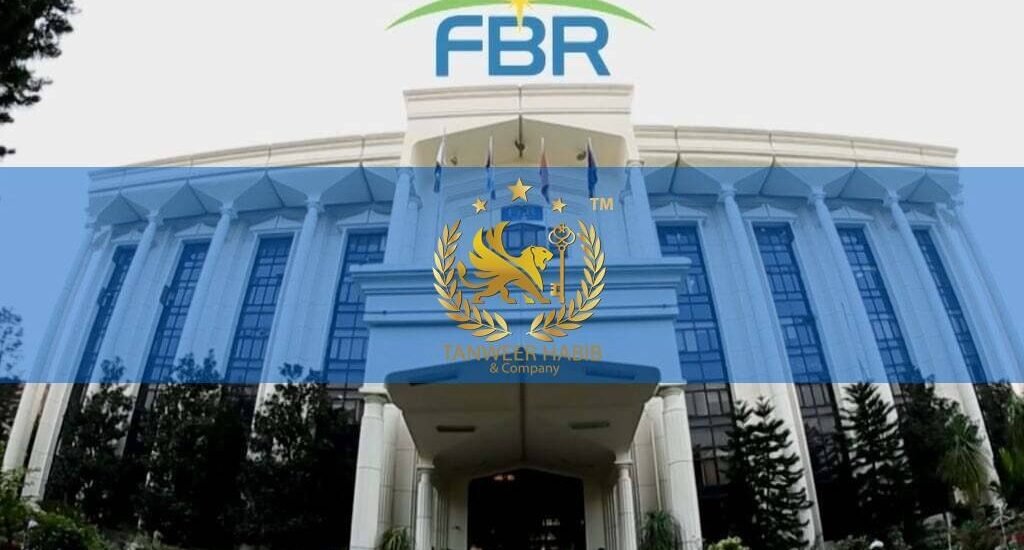The Income Tax Ordinance 2001 has undergone substantial amendments as of June 30, 2023. These changes are set to impact a wide range of taxpayers across the nation. Let’s delve into the key aspects of these amendments and their implications.
Read More Articles
Key Amendments and Their Impact (Section 4B and Section 4C):
Super Tax for Rehabilitation of Temporarily Displaced Persons (Section 4B)
In an effort to support the rehabilitation of temporarily displaced persons, Pakistan has introduced a super tax. This tax, applicable from the year 2015 onwards, is levied at rates specified in Division IIA of Part I of the First Schedule. The affected income includes profits on debt, dividends, capital gains, brokerage, and commission, among others. For a detailed understanding, refer to Section 4B of the Income Tax Ordinance 2001.
Super Tax on High Earning Persons (Section 4C)
Another notable amendment is the introduction of a super tax targeting high-earning individuals. This tax, applicable from the tax year 2022 onwards, is imposed at rates specified in Division IIB of Part I of the First Schedule. The types of income subjected to this tax are similar to those in Section 4B, and it follows the payment and collection procedures detailed in Chapter X of the Ordinance. Please note that this section excludes banking companies for the tax year 2022. For further details, consult Section 4C of the Income Tax Ordinance 2001.
Understanding the Tax Credits (Section 4 – Subsection 3):
To provide relief and incentives to taxpayers, the Ordinance allows for various tax credits. These credits are applied in a specific order, starting with foreign tax credits, followed by tax credits under Part X of Chapter III, and finally, tax credits under sections 147 and 168. This systematic approach ensures that taxpayers receive the maximum benefit while complying with tax laws. Refer to Section 4, Subsection 3 for comprehensive details.
Conclusion:
As the income tax landscape in Pakistan evolves, it’s crucial for taxpayers and high earners to stay informed about these recent amendments. The Income Tax Ordinance 2001, as amended up to June 30, 2023, represents the latest changes in tax law. Understanding these changes is vital for ensuring compliance and managing financial responsibilities effectively.
In conclusion, these amendments, primarily outlined in Section 4B and Section 4C, aim to strike a balance between revenue collection and providing relief to specific groups, all while aligning with Pakistan’s economic and social goals. Stay updated and navigate these changes wisely for a more tax-efficient future.
References:
- Income Tax Ordinance, 2001 (Sections 4, 4B, and 4C)
- First Schedule of the Income Tax Ordinance, 2001
“Finance is the art of weaving dreams into dollars and turning aspirations into assets.”
– tanweer.
Disclaimer: The information presented in this document is intended for informational and educational purposes only. It is not a substitute for professional advice or legal guidance. While we strive to provide accurate and up-to-date information, laws and regulations may change over time, and interpretations may vary. Therefore, individuals seeking specific legal advice or guidance should consult with qualified legal professionals or relevant authorities. This document should not be considered a legal document or a replacement for authoritative legal sources. It is essential to rely on official legal documents and expert consultation for precise and current legal information and interpretation.






